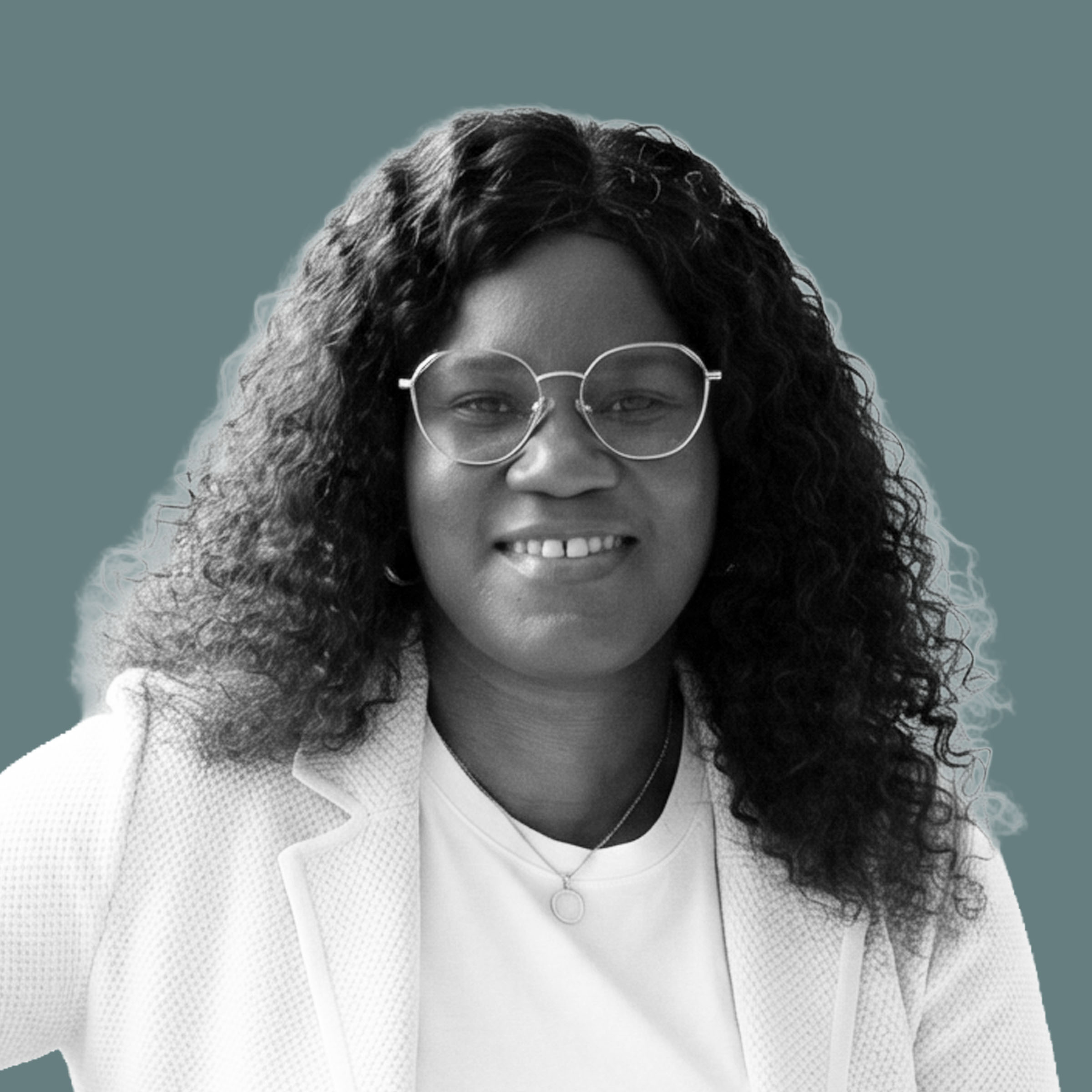Jun 19, 2025

We don’t always name it as aging anxiety. Sometimes it shows up as a quiet panic before a birthday. Sometimes it’s the sudden shame you feel seeing a wrinkle or a grey hair in the mirror, or the guilt of not "optimizing" your life fast enough. It’s the voice that says you’re behind, or fading, or no longer relevant. And for many people leaving their 20s and beyond, it’s an anxiety that creeps in slowly and becomes hard to shake.
This isn’t about vanity. It’s about grief, identity, and the way society and social media feed us a narrow story of the different stages of life.
There’s a myth that aging anxiety when you’re middle-aged, but it may start earlier, both quietly and culturally, in your 20s and 30s. This is when society expects to have it all “together”: success without burnout, beauty centred around a certain age, ambition without rest.
This double standard, especially harsh for women and women-identifying individuals and people whose worth has historically been tied to youth, beauty, or performance, creates a constant sense of inadequacy and a race to outrun the metaphorical clock.
Instagram doesn’t need to tell you directly that you're behind. It just shows you:
Even when we know it’s curated, our nervous systems still react. These platforms reward society’s narrow perception of youthfulness, glow-ups, and visible success. There's little space for the parts of growing older that are nonlinear and harder to package into content.
So the question starts to build in your chest: What if I already peaked? What if I missed my shot? What if I’m being left behind? Is it downhill from here on out?
For many, aging anxiety in your late 20s, 30s, 40s and beyond isn’t really about appearance. It’s about who you thought you’d be by now. It’s about expectations that never felt like yours, and a timeline you’re told to follow, even if it doesn’t fit.
It can look like:
These experiences are not superficial. They’re emotional, relational, and existential.
Aging anxiety is rarely just personal insecurity. It’s cultural. It’s systemic. It’s political.
When those messages are absorbed over time, it makes sense that we start to panic when we feel like we can't keep up or when we just don’t want to.
You don’t have to romanticize it, but what if it could be seen as a shift in how you relate to yourself and the world around you rather than a decline?
But none of this erases how heavy it can feel to grow older in a world that constantly tells you not to. Some days will still feel heavy with grief, fear, or comparison. That’s normal.
You don’t have to love every part of aging. It’s okay if some parts of it feel disorienting, painful, or unfair, especially in a culture that treats aging like a personal failure.
Hold space for grief. You might grieve the physical ability you used to have, the ease you used to feel, or the versions of life you assumed would unfold. Let that grief exist without trying to turn it into a productivity project.
Get curious about the stories you've absorbed. Where did the concept of running out of time come from? Who benefits from you believing that? Notice how early those messages started and how they've shaped your self-concept. There’s nothing neutral about what we’re shown. So much of what we see is designed to create insecurity. Curating what you see online can be a quiet way of protecting your peace.
Make room for nonlinear timelines. You don’t need to do everything early to be worthy. It’s not too late to change careers, go to school, start or stop dating, rest, or restart. Time is not a deadline. It’s a dimension.
Find age-affirming spaces. That could mean therapy. That could mean community. That could mean intentionally spending time around people who aren’t chasing youth, but living deeply and expansively in the lives they’ve built.
Practice compassion when fear arises. Consider not needing to conquer this fear. What if you could meet it and live in spite of it? Let yourself respond with the same kindness you’d offer someone you love.
At VOX Mental Health, we understand that aging-related anxiety isn’t about vanity. It can be about identity, pressure, and a sense of loss. Therapy can help unpack those layers, reconnect with your values, and build a relationship with yourself that isn’t built on impossible standards.
You’re not behind. You’re not fading. You’re still becoming. And you don’t have to do it alone.













